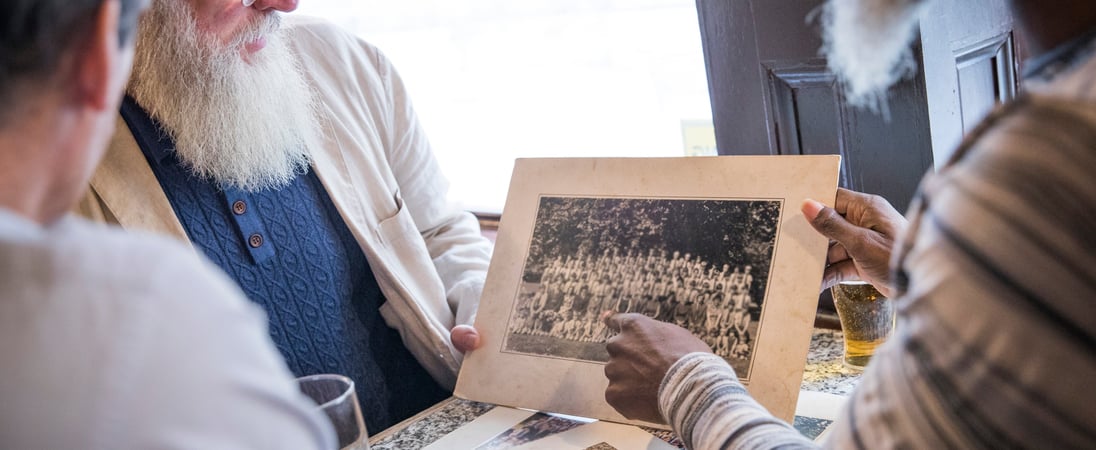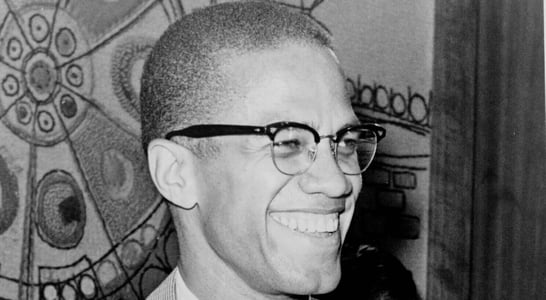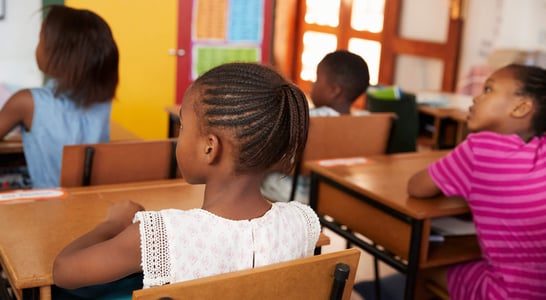
Genocide Awareness Month
Genocide Awareness Month focuses on increasing public knowledge of genocides, both past and present, and encouraging efforts to prevent future atrocities.
It serves as a reminder of the pain and loss experienced by those affected by mass violence while also urging individuals to learn from these tragic events.
Educational programs, survivor stories, and memorial activities highlight the importance of recognizing the warning signs of genocide before it escalates, fostering a sense of responsibility in global communities.
By hosting discussions, exhibitions, and outreach events, this month emphasizes the need to address hate and violence.
Participants aim to inform others about the causes and consequences of genocide, stressing that action is necessary to ensure such horrors never happen again.
How to Celebrate Genocide Awareness Month
Observing Genocide Awareness Month is an opportunity to engage in thought-provoking and impactful activities.
This awareness helps build a culture that values human rights, standing as a powerful defense against the rise of intolerance and persecution.
Here are some ideas to inspire action and reflection while keeping it interesting.
Host a Storytelling Night
Invite friends or family over and read survivor stories from different genocides. Mix in discussions afterward about what struck you.
Sharing these stories helps keep their voices alive and makes the issue feel personal. Plus, it’s a perfect excuse to enjoy a potluck dinner!
Watch a Documentary
Queue up some powerful documentaries that tackle the subject of genocide. Whether it’s about the Holocaust, Rwanda, or Cambodia, the medium of film allows history to come to life.
Pair this with a movie night discussion and you’ve got a powerful evening of learning and sharing.
Get Creative with Art
Grab some art supplies and create visual pieces inspired by what you learn about genocides. Use art to express the emotional impact of these stories.
You can even organize a small community exhibit or virtual gallery to share your work and encourage others to reflect through creativity.
Organize a Book Club
Choose a book by or about a genocide survivor and host a casual book club discussion. Sharing thoughts on the book’s themes opens the door to deeper conversations about human rights and history.
Everyone loves an excuse to cozy up with a good read, and you’ll gain valuable insight along the way.
Volunteer or Donate
Get hands-on by volunteering with local human rights organizations or donate to causes that work to prevent genocide. It’s a direct way to make a difference while supporting those affected by mass atrocities. You’ll feel great knowing your actions can help improve the future!
History of Genocide Awareness Month
Genocide Awareness Month began in 2011 when various states and organizations in the United States joined forces to promote awareness and prevention of genocide.
The idea for a dedicated month arose from the fact that many significant events tied to genocide occur in April, such as the beginning of the Rwandan genocide and the Armenian genocide.
Advocates, including survivor groups and human rights organizations, aimed to use this month to educate the public and encourage steps to stop such atrocities before they happen again.
World Without Genocide and similar organizations have been pivotal in promoting the importance of remembering these events.
By establishing April as a month for reflection and learning, they created a platform to raise awareness about the horrors of mass violence throughout history and the importance of prevention efforts today.
This effort has since spread to schools, museums, and public spaces where discussions, art, and memorials continue to highlight the need for vigilance against genocide.
April was chosen specifically because of its significance in the history of several genocides.
Besides the Rwandan and Armenian genocides, it also marks important dates in Holocaust remembrance and the Cambodian genocide, making it a powerful time to connect these events and promote education about their lasting impact.
Through storytelling, education, and public events, Genocide Awareness Month encourages everyone to learn from the past and take action to prevent future atrocities.
It also highlights the personal stories of survivors, turning abstract history into real, human experiences that resonate with audiences today.
See what else is happening…
There’s always more going on every month at Days Of The Year. Here are our favorites this month!
Also in ...
View all holidaysReading Is Funny Day
By reading books of riddles, jokes, and comedy, help kids see how reading can be just as fun and funny (if not moreso) as video games, tv, or the internet.
Fun Day
Carve out some time for yourself to laugh, play, and unwind from the high-speed stress of everyday life by doing something that brings you joy and happiness.
National Sourdough Bread Day
Try baking your own, enjoy your favorite sandwich or soup bowl, or even branch out and try sourdough cake on the delicious, yeasty National Sourdough Bread Day.
We think you may also like...
International Day of the African Child
Highlighting the importance of education and raising awareness about challenges faced by young people in diverse regions.








